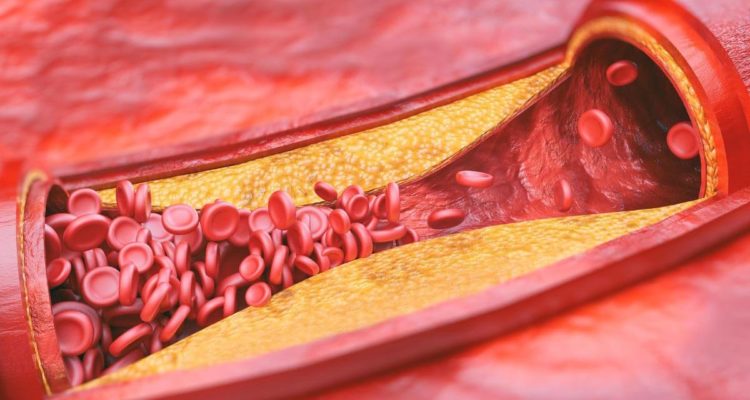
Too high a level of “good” cholesterol increases the risk of death by 96%
0
Cholesterol is carried in the blood by two different types of proteins called “bad” and “good” cholesterol. The latter, known in medicine as high-density lipoprotein (HDL), is indispensable for the normal functioning of biological functions. Historically, it was thought to reduce the incidence of heart attacks and strokes, that too much “good” cholesterol can increase the risk of death from heart disease by 96%.
“A recent study of nearly 10,000 patients with coronary heart disease found that that individuals with high HDL cholesterol (greater than 80 mg/dL) had a 96% higher risk of all-cause mortality. The results also showed that the risk of death from cardiovascular disease was 71% higher in people with HDL cholesterol levels between 40 and 60 mg/dL.
HDL cholesterol has historically been inversely associated with cardiovascular risk. diseases But the new findings cast doubt on the effectiveness of treatments aimed at raising levels of “good” cholesterol.
“Very high levels of HDL are associated with an increased risk of adverse outcomes, rather than a lower risk as previously thought. This applies not only to the general population, but also to people with coronary heart disease. Physicians should be aware of the fact that with HDL-C levels above 80 mg/dL, they should be more aggressive in risk reduction and not assume that patients are at 'low risk' because of high HDL levels.”









Leave a Reply